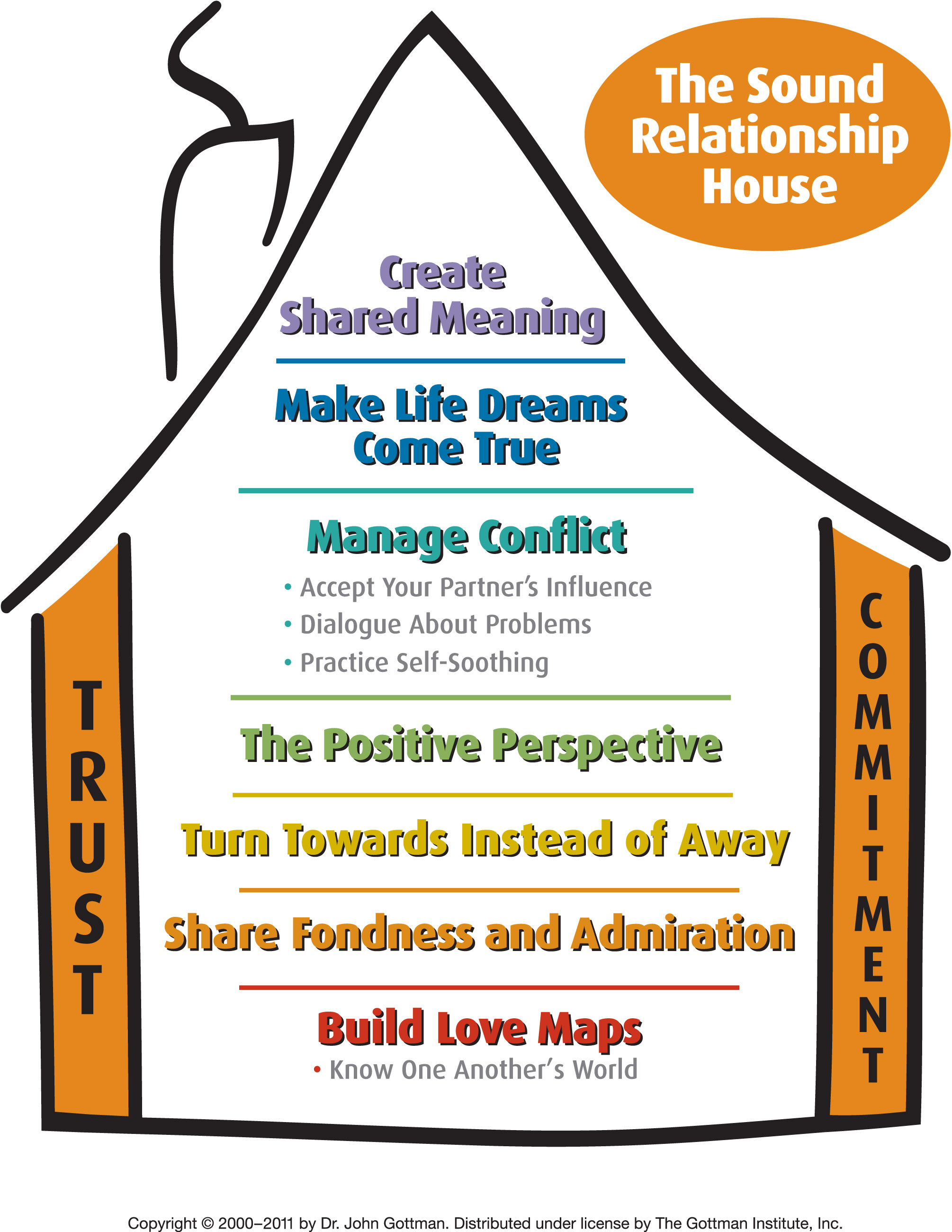
The Marriage Counseling Success Rate: What The Data Shows
by Counseling and Wellness Center of PittsburghJanuary 7, 2024 couples communication, couples counseling, couples therapists, couples therapy, gottman counselor, gottman method counseling, gottman method therapy, marriage counseling, marriage counseling near me, marriage counseling pittsburgh, marriage counseling statistics, marriage counseling success rate0 comments
What Is The Marriage Counseling Success Rate?
In this blog post, we will delve into the intricacies of marriage counseling, addressing common questions about the marriage counseling success rate. Our exploration will shed light on the effectiveness of marriage counseling, especially when conducted by therapists with specialized training, such as our dedicated...Learn More
Quiet Quitting in Love: 5 Ways to Prevent Your Partner From Quiet Quitting You
by Counseling and Wellness Center of PittsburghSeptember 5, 2022 couples communication, couples counseling, couples therapy, gottman marriage counseling, gottman method counseling, healthy relationships, marriage counseling, quiet quitting0 comments
The term quiet quitting is a wave that sparked from the great resignation, and the apathy that some workers have experienced in dead end and toxic workplaces. Quiet quitting happens in many places including our romantic relationships. Any time that we are in a relationship and we notice that we stop caring and stop connecting with our partner, we are quiet quitting.
To use Gottman...Learn More
What is Triangulation
by Counseling and Wellness Center of PittsburghAugust 4, 2020 bowens system theory, triangulation, what is triangulation0 comments
Triangulation
You may have heard the latest celebrity gossip regarding Will Smith and Jada Pinkett Smith’s relationship drama. If not, let me catch you up to speed – Jada openly admitted to having an ‘entanglement’ with a much younger man without Will’s consent or knowledge. This abruptly caused a firestorm across the internet with questions and jokes about ‘entanglements’ and what...Learn More
Couples Counselor verified; 6 ways that Couples Can Stop Arguing about Household Chores
by Counseling and Wellness Center of PittsburghAugust 25, 2019 chores, marriage, marriage and family, national institute of health, relationship, way couples can stop arguing about household chores0 comments
Couples Counselor verified; 6 ways that Couples Can Stop Arguing about Household Chores.
Cleaning and how to manage it with some degree of harmony is a topic that comes up often for couples, it ranks right up there with finances and parenting in terms of hot button relationship issues. The research weighs in, according to the National Institute of Health, in relationships where both...Learn More
No Sexual Chemistry in Your Relationship? Here are some ways that you can talk about it without them taking it personally.
by Counseling and Wellness Center of PittsburghJune 20, 2019 sexual chemistry, talking to your partner about sex0 comments
What can you do if you and your partner just don’t seem to have good sexual chemistry? Wondering it there are there ways to overcome it? How can you talk to them about it without them taking it personally? If you have ever wondered about the answers to these questions, we have you covered, read on!
Having a great sex life with a partner, assuming you both have already established an...Learn More
Gottman Method Marriage Counseling
by Counseling and Wellness Center of PittsburghMarch 19, 2019 gottman counselor, gottman marriage counseling, gottman method counseling, marriage counseling near me, sound relationship house0 comments
Gottman Method Marriage Counseling
Gottman Method Couples counseling is a form of therapy created by Drs John and Judy Gottman, which aims to support a positive and constructive relationship between two married or dating partners. Gottman method counseling is grounded in research and is proven to be one of the most effective ways to help couples enhance their relationship. The theory...Learn More
